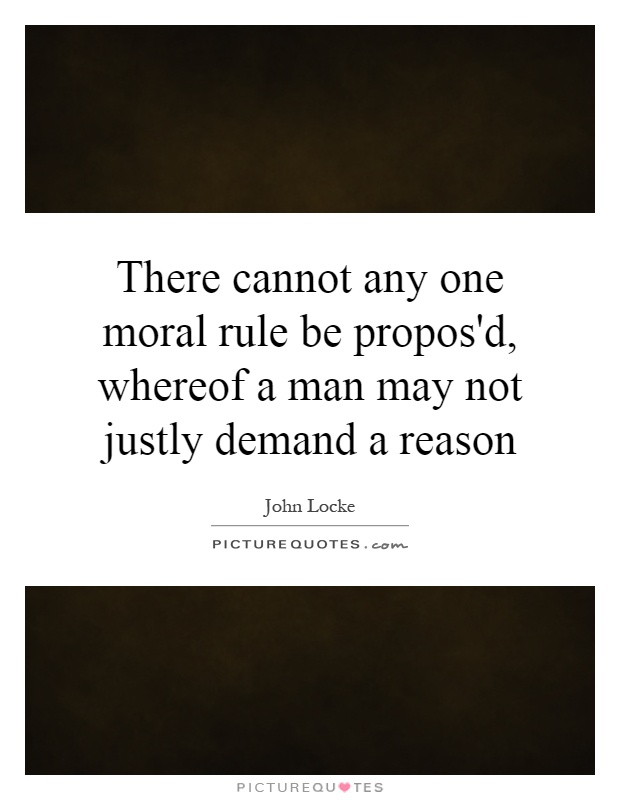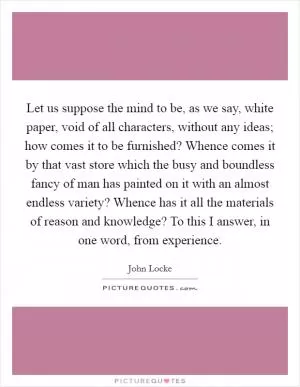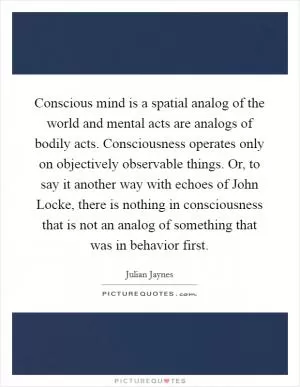There cannot any one moral rule be propos'd, whereof a man may not justly demand a reason

There cannot any one moral rule be propos'd, whereof a man may not justly demand a reason
John Locke, a prominent philosopher of the Enlightenment era, believed in the importance of reason and rationality in moral decision-making. In his work, Locke argued that there cannot be any moral rule that is proposed without a justifiable reason. This idea is central to his philosophy and reflects his belief in the power of human reason to guide ethical behavior.Locke's assertion that every moral rule must be accompanied by a reason is rooted in his belief in the inherent rationality of human beings. He believed that individuals have the capacity to think critically and make informed decisions about what is right and wrong. According to Locke, moral rules should not be accepted blindly or based on tradition alone, but should be subject to scrutiny and justification.
For Locke, the demand for a reason behind moral rules serves as a safeguard against arbitrary or unjust laws. He believed that individuals have the right to question and challenge moral rules that do not have a rational basis. By requiring a reason for every moral rule, Locke sought to promote a more thoughtful and reflective approach to ethics.
Locke's emphasis on reason in moral decision-making also reflects his belief in the importance of individual autonomy. He believed that individuals should be free to make their own moral choices based on their own reasoning and judgment. By demanding a reason for every moral rule, Locke sought to empower individuals to think for themselves and take responsibility for their actions.












 Friendship Quotes
Friendship Quotes Love Quotes
Love Quotes Life Quotes
Life Quotes Funny Quotes
Funny Quotes Motivational Quotes
Motivational Quotes Inspirational Quotes
Inspirational Quotes